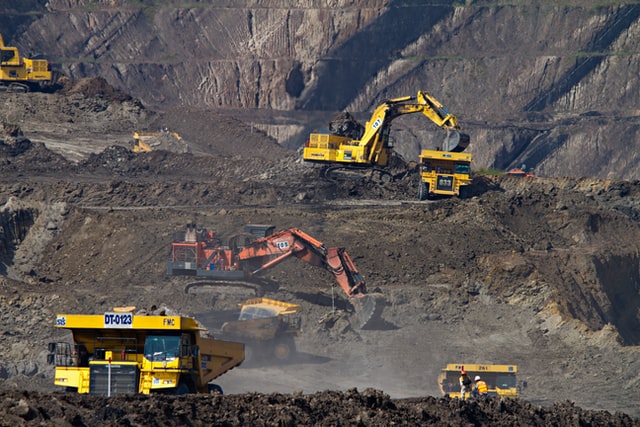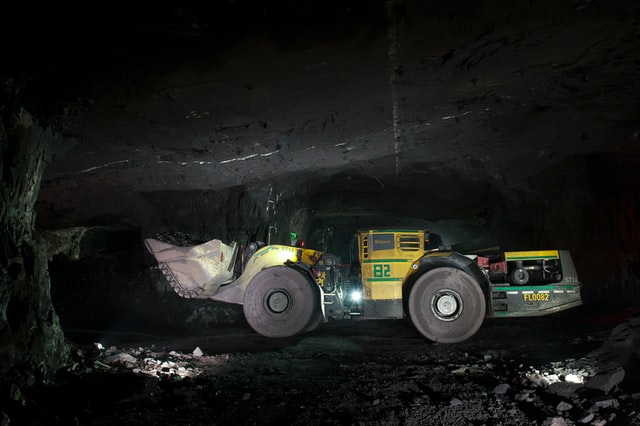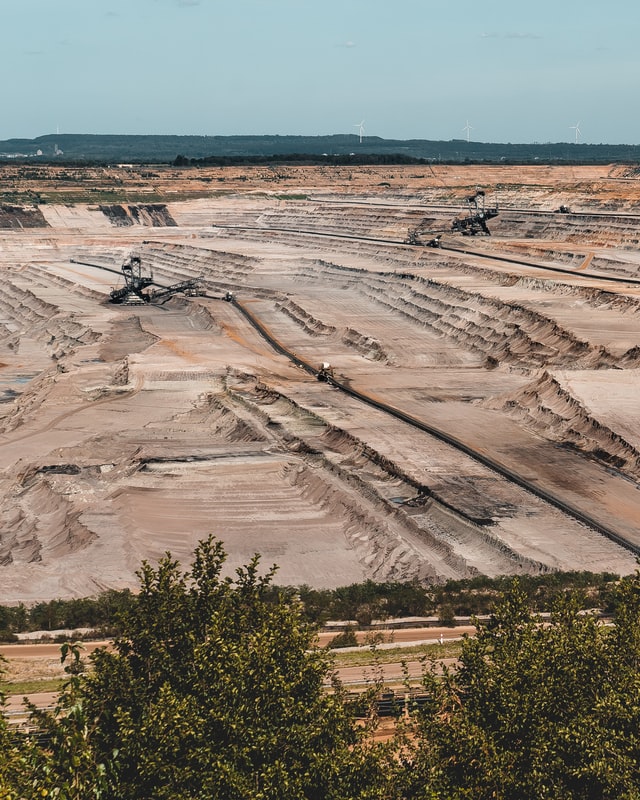
- Sustainable Planet -
- 6mins -
- 181 views
G7 nations commit to halt international funding of coal projects by end of 2021
The world’s seven largest advanced economies have agreed “investments in unabated coal must stop now” to keep 1.5°C climate goal within reach.
G7 funding for coal ends
The G7 and European Union have vowed to end international investment in coal by year-end. They also agreed to help boost deployment of zero emission vehicles. The Group of Seven nations reaffirmed their commitment to the 2015 Paris Agreement.

“international investments in unabated coal must stop now”, agree g7
The world’s seven largest advanced economies have agreed to stop international financing of coal projects that emit carbon by the end of this year, and phase out such support for all fossil fuels, to meet globally agreed climate change targets.
Stopping fossil fuel funding is seen as a major step the world can make to limit the rise in global temperatures to 1.5°C (34.7°F)
above pre-industrial times, which scientists say would avoid the most devastating impacts of climate change.
Getting Japan on board to end international financing of coal projects in such a short timeframe means countries such as China that still back coal are increasingly isolated and could face more pressure to stop.
In a communique, on Friday 1 May, the Group of Seven nations — the United States, Britain, Canada, France, Germany, Italy and Japan — plus the European Union said "international investments in unabated coal must stop now".
"(We) commit to take concrete steps towards an absolute end to new direct government support for unabated international thermal coal power generation by the end of 2021, including through Official Development Assistance, export finance, investment, and financial and trade promotion support."
Coal is considered unabated when it is burned for power or heat without using technology to capture the resulting emissions, a system not yet widely used in power generation.
Alok Sharma, president of the COP26 climate summit, has made halting international coal financing a "personal priority" to help end the world’s reliance on the fossil fuel, calling for the UN summit in November to be the one "that consigns coal to history".
Source: Reuters/abc.net.au

G7 reiterate commitment to 2015 Paris Agreement
The G7 nations also agreed to "work with other global partners to accelerate the deployment of zero emission vehicles", "overwhelmingly" decarbonising the power sector in the 2030s and moving away from international fossil fuel financing, although no specific date was given for that goal.
They reiterated their commitment to the 2015 Paris Agreement aim to cap the rise in temperatures to as close as possible to 1.5°C (34.7°F) above pre-industrial times and their targets for net zero greenhouse gas emissions.
In a report earlier this week, the International Energy Agency (IEA) made its starkest warning yet, saying investors should not fund new oil, gas and coal supply projects if the world wants to reach net zero emissions by mid-century.
The number of countries that have pledged to reach net zero has grown, but even if their commitments are fully achieved, there will still be 22 billion tonnes of carbon dioxide worldwide in 2050 which would lead to temperature rise of around 2.1°C (35.8°F) by 2100, the IEA said in its "Net Zero by 2050" report.
Source: Reuters/abc.net.au

fossil fuel expansion has led emissions to rise in Canada since the Paris Agreement was signed
An article published Published on 21/05/2021, by ClimateChangeNews said the breakthrough on ending coal finance comes just days after the International Energy Agency found that investments in new oil and methane production as well as unabated coal power need to end this year for the global energy sector to reach net zero emissions by 2050.
“None of us want any more new coal-fired power plants to be built in the world and we do not want to finance such projects any longer,” Germany’s environment minister Svenja Schulze told a press conference.
Governments committed to work to cut emissions towards “overwhelmingly decarbonised power systems in the 2030s” but added that methane gas “may still be needed during the clean energy transition on a time-limited basis”.
Neither the UK, US nor Germany explicitly ruled out making new investments in oil and methane gas during a press conference following the virtual meeting. The UK has recently green lighted a new round of oil and gas permits in the North Sea. In Canada, fossil fuel expansion has led emissions to rise since the Paris Agreement was signed in 2015.
Dave Jones, senior electricity analyst at the UK-based think tank Ember, told ClimateChangeNews ending coal power was “the essential first” to decarbonise the power sector by 2035 but it had to be followed up with a gas power phase out.
As of May 2021, 59% of G7 coal power capacity has either closed since 2010 or is scheduled to retire by 2030 – a trend which E3G says shows the EU, the UK and the US are on track for a zero-carbon power system by 2035.
Source: ClimateChangeNews

United Nations estimates developed countries remain $20bn short of goal
The UK has made scaling up climate finance a core pillar of its G7 presidency and its ability to leverage other major economies to commit to new finance pledges will be seen as a critical test of its diplomacy, suggest ClimateChangeNews.
Earlier this year, UN secretary general António Guterres called on G7 nations to double their climate finance commitments at the leaders summit in Cornwall, UK, next month. So far, only the UK and the US have committed to do so.
And rich nations are yet to mobilise $100bn a year to help developing nations cut their emissions and cope with climate impacts. The UN estimates developed countries remain $20bn short of the goal.
Jennifer Tollmann, senior policy advisor at think tank E3G, said the meeting was “a step change from the last four years and lays the foundation for the G7 to become an engine for keeping 1.5C in reach”.
She warned that G7 countries must bridge a “significant solidarity gap” as they meet again next month and reach an agreement on ramping up climate finance, ensuring vaccines for developing countries and phasing out all funding for overseas fossil fuel projects. These, she said, have emerged as “clear credibility tests going into the June G7 summit”.


